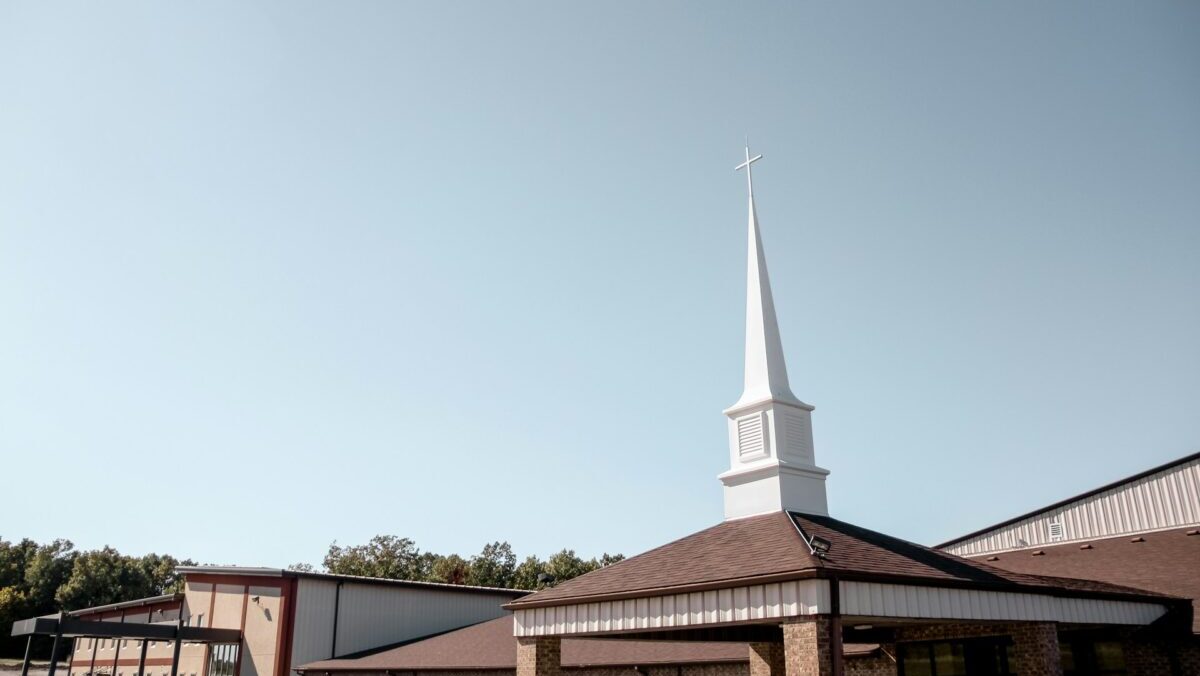Which are the churches in your association that need to be disciplined, discipled or about which you need to seek spiritual discernment?
In an earlier column, I addressed the issue of the association as a loving father. Churches could be like the prodigal son, the elder son or the servants in the biblical parable. See the column here.
I suggested that the father’s love is like the love that emerges out of the relationship of churches in association. The image is one of open arms welcoming all congregations — those wandering, those effective and innovative and those faithful and dependable.
Wandering
Some churches may intentionally wander away. They lack some convictions that Baptists claim are essential, but they still remain congregations of worth created in the image of God.
In this time when Baptists in our tradition are thinking more about who is and is not in friendly cooperation, Baptist associations must have a proactive, positive response.
Should we allow churches to go on a wandering journey and love them through it? Do we reject churches that express convictions or take actions that do not please us? Do we give them time, pray for them, dialogue with them and love them?
There are three possible approaches.
Discipline
In our polity, church membership in an association is separate from affiliation with the denomination. However, we are in a time where pressure exists for associations to follow the lead of the national denomination.
This pressure may not be coming from associational leadership. It may come from churches within associations that desire conformity with the denomination. Despite the autonomy of associations and their churches, the plea is for associations to act.
Associations are asked to discipline wandering churches by placing them on probation or ending their membership in the association.
Disciple
Some churches may need to be discipled by the association. An increasing number of pastors, staff and lay leaders have education and experience backgrounds that may not understand Southern Baptist doctrine or practice.
They may come from other traditions in the larger family of Baptists, or even from non-Baptist backgrounds. Who plays the role of mentoring them on Southern Baptist doctrine and practice, particularly in the area of polity?
A discipling process is needed in associations for gaining deeper understandings of doctrine, practice and polity. Historically, this was a role associations played that added to the richness of family relationships.
Discernment
Associations need to discern the movement of the Holy Spirit in churches assumed to be outside Baptist boundaries or too far from the center of Southern Baptist doctrine, practice and polity.
Get to know them in deep and meaningful ways. Do not draw conclusions based on shallow reports and surface assessments.
One church I know that needed discernment was a church that hosted its association’s food pantry. A missions group in the church, along with participants from multiple associational churches, sewed clothing for women and sent them to Baptists in African nations.
They agreed to host a new church plant when other churches refused. Later, when an African American church near them lost its building to a fire, they immediately welcomed the church members into their facilities.
Discernment was needed, however, because they had an ordained woman serving in a pastoral leadership role. She had been in this role for more than a decade, and the association never challenged this situation.
A second church was an independent Baptist church that sought fellowship with Southern Baptists in years past but had been rejected. They began hosting a Southern Baptist Spanish-speaking church in their facilities. They considered the Spanish-speaking pastor an associate pastor of their church.
The church had secondary views outside the mainstream of Southern Baptist doctrine, but they sought membership again. They were willing to talk and pray about these views and learn over time how to be a faithful, doctrinally true Baptist church.
Doing so would require the churches in association to embrace and love them. Would the association accept them?
These two examples call for discernment and perhaps some dialogue around doctrine rather than discipline, but the call is most especially for open, loving arms.
These three: discipline, discipling and discernment. But the greatest of these is discernment.










